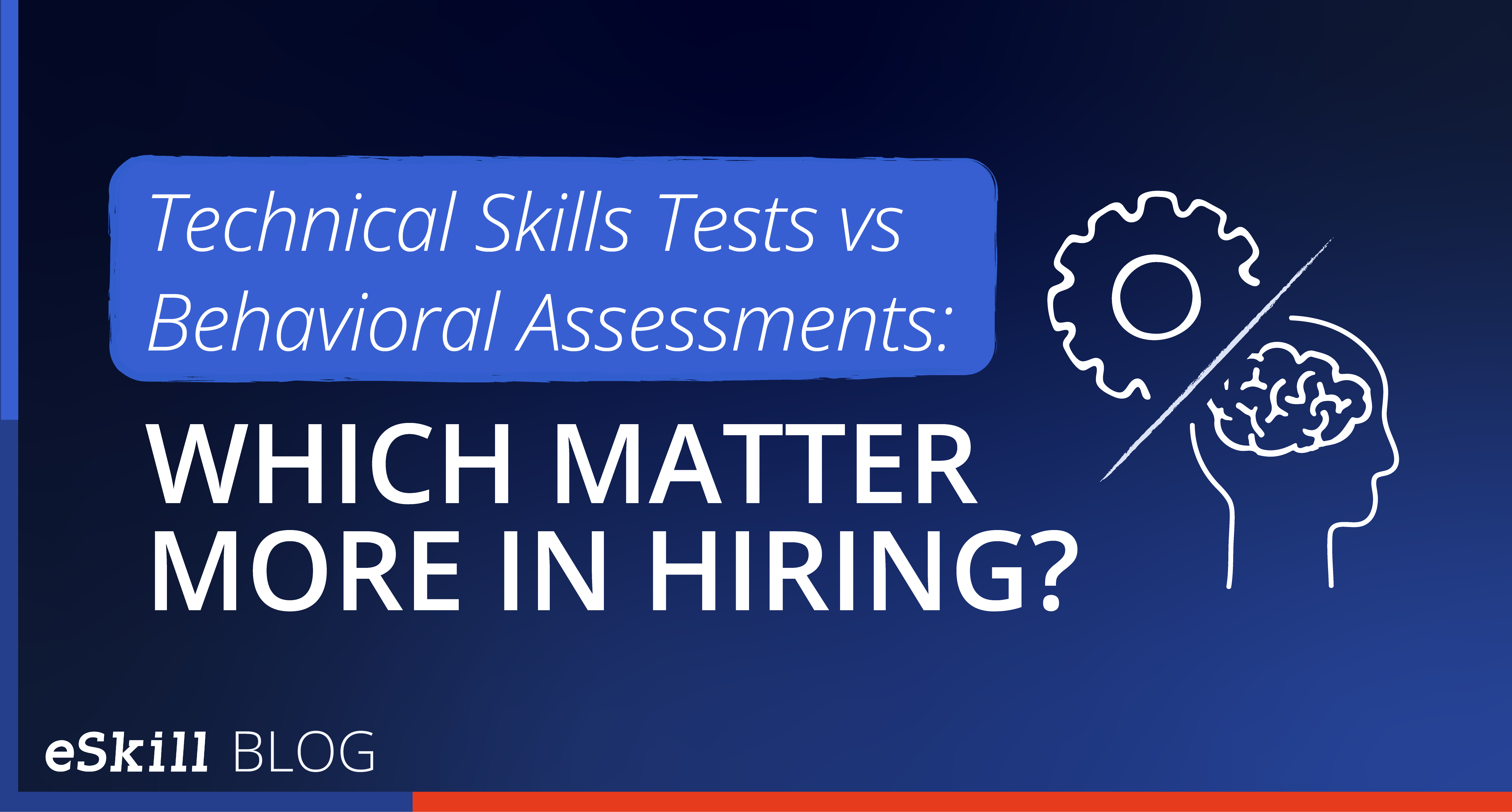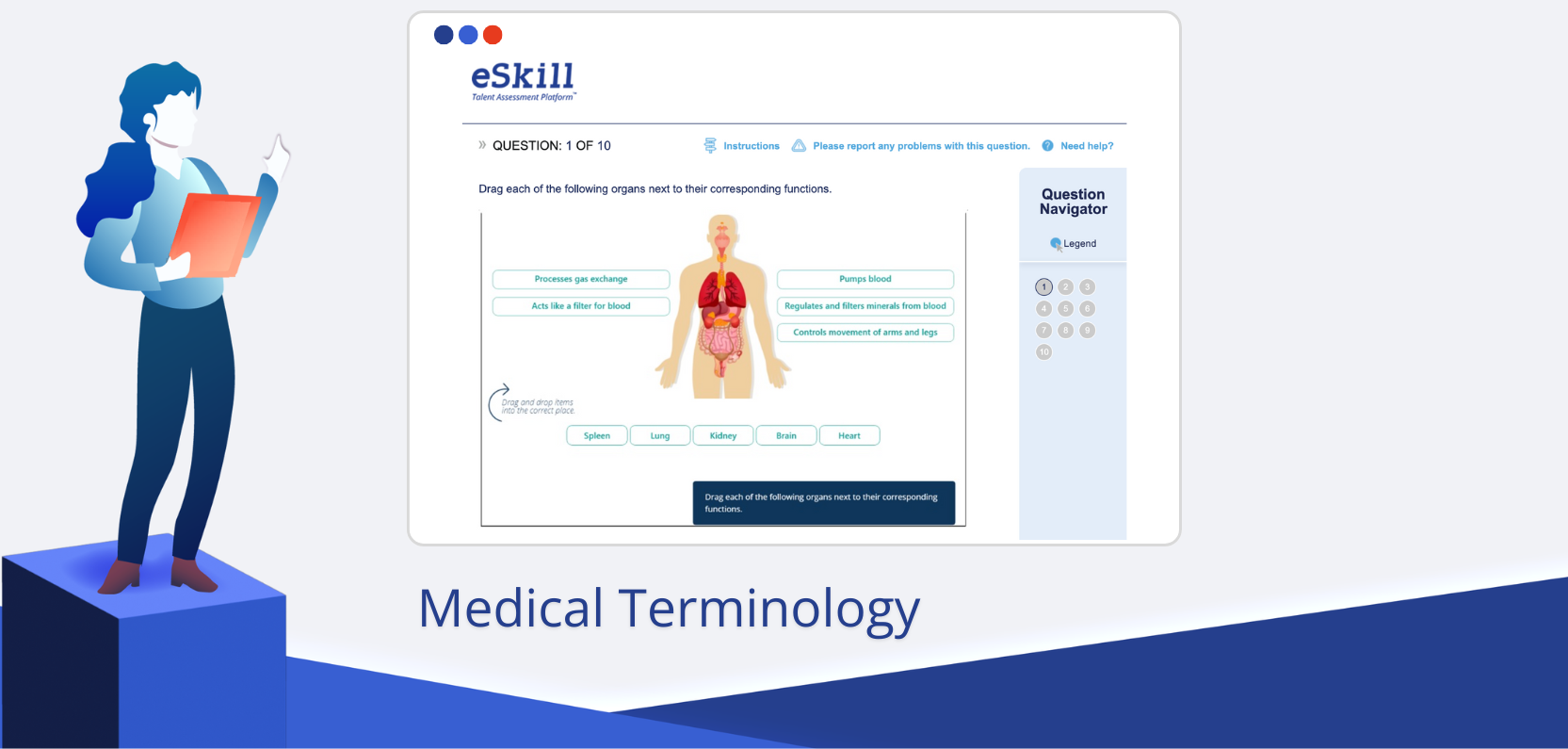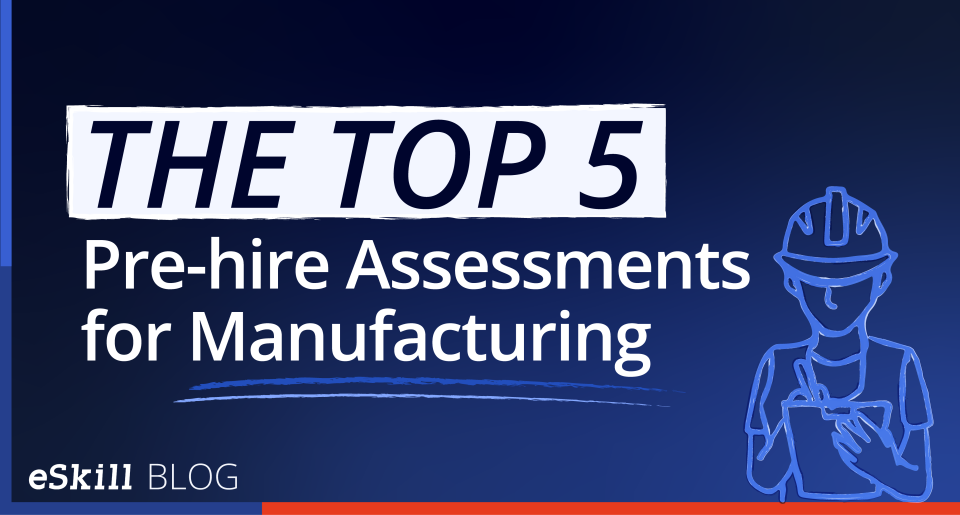Before the official interview with a candidate, there is a huge time investment involved for both the recruiter and the candidate. Filling out applications, reviewing those applications, waiting for phone calls, sorting resumes, conducting phone interviews, and a hundred other things. When the interview stage finally arrives, it’s important that the recruiter has done as much preparation as possible in order to not waste anyone’s time and require extra follow ups.
Preparing for an interview is one of the most important things a recruiter can do before calling a candidate in. Heading into an interview without knowing the desired outcomes is one of the worst things you can do. Here are a few easy things you can do to prepare for an interview.
Develop Objectives for the Position
If you haven’t already done this, developing a list of objectives for the position will allow you to define the questions you need to ask a candidate in a very specific manner. You’ll be able to assess the needs for the position and refresh your memory on the overall qualities the candidate needs to possess in order to meet your objectives.
Develop Standard Questions
Asking identical questions to each candidate for a specific position will give you a way to accurately compare the skill levels of each candidate. Standard questions could include experience levels, career goals, leadership mentality, personality, and why they are interested in the position. Although the last is subjective, it’ll give you a better understanding of the candidate’s motivations and goals. If someone is looking at it as a career stepping-stone versus a long-term position, it might be wiser to go with a candidate who wants to stay longer.
Create a system that allows you to objectively score each candidate. This will allow you to cross-reference interviewer notes more easily during panel interviews. It will also help you to be more objective when referencing 5 or 6 top candidates interviewing for the same job.
Now that you’ll be able to objectively identify the strong candidates, you will need to determine how to accurately assess their skills. Not only must their skills match the objectives of the job position, but they must also fit into your organization as a whole.
One of the most important qualities a recruiter can have is the ability to understand and interpret how a candidate acts during an interview.
First Impressions
Remember,first impressions tend to be based on personal biases and are made quickly without much consideration. Wait a while before making any real judgment on the candidates.
Body Language
Pay attention to the unspoken dialog. Body language can help you determine the level of confidence a candidate has, and it can tell you whether they have come prepared with standard responses or if they’re thinking on their feet. Fidgeting, sitting up straight, leaning forward, touching their face or lips are all body language cues that need to be paid attention to when conducting an interview. It’s one of the best ways to assess a candidate during the interview.
Verbiage
Listen to how they’re telling you a story or answering a question. Most interviewers don’t pay attention to past- or present-tense verbs, but it’s a really good social cue on how well the candidate is about to perform. For instance, strong performers often talk in past tense, describing the work they’ve already completed. Those who lack experience may talk only about their current or future accomplishments.
Simple things such as body cues or verbiage can tell a recruiter so much. Someone with good posture who talks easily about past accomplishments is bound to be a confident, high performer. A recent study found that adding a standard interview procedure adds 3 to 7% to the accuracy and objectivity of candidate assessment. As a recruiter, make sure you are paying attention to these simple cues during an interview. Not only will your quality of hire stats increase; so will the overall ROI of your program.
What types of cues do you watch for when interviewing?

Sign up for our newsletter







